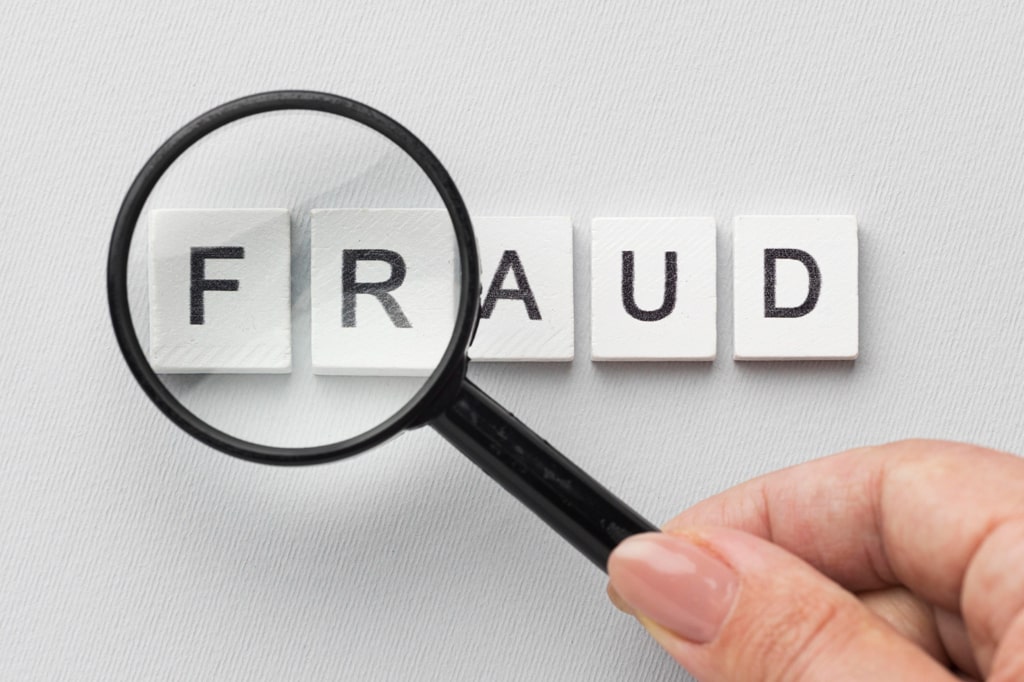Are you looking to safeguard your organization from financial frauds?? Non compliance of statutory obligations??? Learn more about special audit …..
An audit conducted other than an annual audit to examine the financial records, transactions, and other relevant information of specific areas of organization’s activities. It is usually carried out whenever there is a suspicion of fraud or other irregularities that is taking place within the organization. These type of audit is usually initiated by a third party, such as a government agency, but it can also be facilitated by an institution or internal authorities that is in a position to do so.
Investigate Audit, Control Audit, Construction Audit, Fraud Audit and Information System Audit are some examples of special audits.
PURPOSE:
A special audit is conducted to detect instances of fraud, misrepresentation, internal policies, or noncompliance with laws and regulations. By conducting this audit, the organization ensures that the organization operates within the legal framework , adheres to guidelines and potential penalties. It really helps in boosting the confidence of stakeholders by providing transparency and accountability.
Furthermore, after identifying certain allegations of fraud or operational inefficiencies they provide recommendations for corrective actions. And by implementing those recommendations a special audit assists organizations in improving their operational efficiency and internal controls.
Scope of special audit :
The scope of a special audit varies depending on particular conditions and objectives of the audit. Usually, a special audit is performed to examine specific areas of concern that require a deeper investigation than a usual audit. It also includes assessing the efficiency of governance frameworks, risk management procedures and overall performance of an organization.
The special audits take place when fraud investigations, mergers and acquisitions, regulatory compliance or concerns related to financial irregularities increase. Sometimes the scope may be restricted to a specific time period, certain department or a particular aspect of the organization .
It is also important to note that the auditors, management, and the other parties involved must clearly state and agree upon the scope of a special audit. This ensures that the audit objectives are met and audit findings are relevant.
As previously stated, there are various types of special audits and each of them serves a different purpose. Let’s discuss…
Tax Audit
Tax audit is an examination of a business or individual conducted by the tax authorities to evaluate the overall tax returns to be filed by them.
A tax audit easily finds any frauds, errors or any discrepancies by going through the books of accounts and making sure that only the relevant information has been disclosed. Its purpose by conducting a tax audit, is to ensure that the business adheres to the tax laws established by Income Tax Act of India. Thus if a tax audit is taking place it means that the tax authorities have identified certain factors such as complex transactions, suspected frauds which are to be examined in detail.
Investigate Audit
In investigating audits the tax authorities use various techniques such as examining bank statements, conducting interviews, evaluating business transactions and analyzing supporting documents in order to verify that there is no violation of any tax laws or fraudulent activities taking place in the organization.
For instance,the management or any other stakeholder can ask to investigate specific events inside an organization. A government agency could also ask an entity to conduct this type of special audit for any suspicious event that has raised significant concerns.
Compliance Audit
Compliance Audit is an evaluation to assess how well an organization adheres to internal bylaws, rules and regulations in order to determine if they are in alignment with legal and regulatory standards. Its purpose is to ensure that the organization is operating according to the rules and regulations or code of conduct. A compliance audit can either be conducted by an internal auditor within the organization or by an external auditor..
Fraud Audit
A fraud audit is a detailed examination conducted to investigate and gather evidence with an intent of finding fraudulent activities or irregularities such as misappropriations of assets, financial statement alteration with the organization.
The auditor will examine the internal controls, review financial records and often go outside the books of accounts to find fraudulent transactions. It evaluates anti-fraud policies and procedures set by the organization in order to understand their effectiveness in preventing and detecting fraud. This process is a bit more detailed as compared to normal audit because certain fraud involves small amounts of money and other assets that fall below the materiality limit .
Information System Audit
Information System Audit is a process of examination and evaluation of an organization’s information technology infrastructure to make sure that it is operating efficiently. By conducting, it ensures that the organization data is confidentially stored, data reliabiliy and also data being available to users. Some organizations do IT audits on a regular basis for their overall risk management strategy.
It can be either conducted by their own IT staff or externally by an independent third party. Their purpose is to check whether there is any weakness or vulnerabilities in IT systems and recommend necessary actions to be taken .
Construction Audit
Construction Audit is an examination of different aspects of construction projects such as financial records, processes and control to know whether it is well managed and monitered, which strengthens the relationship between business owner and construction company. This ensures whether the project has been executed efficiently, effectively and is in compliance with relevant regulations.
Benefits :
By engaging a special auditor to perform a special audit, it provides several benefits to organisations such as detection of any fraudulent activities that are taking place within the organisation and taking appropriate preventive actions accordingly. Also by conducting it assists in promoting transparency and accountability within the organisation and ensures whether the oganisation is following the legal and regulatory requirements. Most significantly, it helps in identifying internal control weaknesses and recommend measures to improve organizational governance and reduce risk.
FAQ
- When is a special audit necessary?
It is necessary to be conducted whenever there is suspicion of fraud, irregularities or when laws or regulations have been violated in the financial management of an organistaion . The need for a special audit depends on various situations.
2. Who appoints a special auditor ?
A special auditor is appointed by a competent authority or a regulatory body that has the power to investigate matters. And the appointment of a special auditor depends on various situations and regulations of each jurisdiction.
3. How special audits differ from regular audits?
A regular audit is conducted in order to provide an opinion on the true and fair view of the organisation’s financial statements while a special audit is conducted to investigate fraud allegations or assess compliance with legal requirements.
4. How much does a special audit cost?
It depends on the complexity of issues being investigated. Sometimes auditors charge on an hourly basis or a fixed fee based on the time and effort taken in completing that specific audit.





